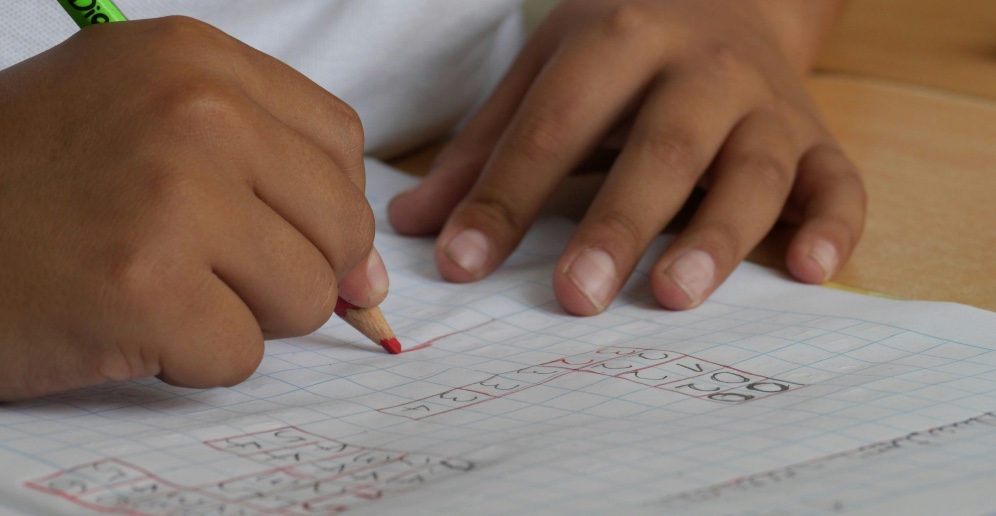
Designed for despair
The emotional architecture that undergirds the entire ecosystem of harm: the delays, the silences, the polite betrayals, the shifting goalposts, the diagnostic suspicion, the endless meetings that lead nowhere, the gaslighting dressed up as concern. The systemic pattern that tells mothers their clarity is instability, that demands politeness while inflicting harm, and that rewards collapse with temporary reprieve. It complements designed to exhaust but reaches deeper—naming the psychic cost, the moral disorientation, the cumulative breaking. If maternal rage is the body’s protest, and epistemic silencing is the intellectual containment, then designed for despair is the affective strategy that binds them.
-
The principal’s casualness reveals authorisation to harm
When a principal cancelled my daughter’s volleyball game with bureaucratic ease, her comfort while causing harm revealed systematic institutional authorisation.
-
Exhaustion as governance in BC education
The spears came out fast when news broke that Coquitlam School District had spent $38,000 on a professional development retreat at Harrison Hot Springs—sharp, righteous, aimed directly at teachers who dared to spend two days somewhere pleasant while children sat in hallways, while families scrambled to find care for kids sent home at noon because…
-
Designed for denial: the architecture of accommodation refusal
Designed for denial describes systems structured so that refusing accommodation is the path of least resistance, the default outcome, the architecturally embedded response to requests for support. These are systems where saying no requires little justification, documentation, oversight, or consequence, while saying yes requires the requester to overcome multiple barriers, satisfy gatekeepers who are not accountable…
-
A multi-lens analysis of accommodation denial in BC Schools
When the school handed me a garbage bag filled with jackets at the end of the year, it was evidence of a failed executive function accommodation. When I was handed a box containing hundreds of dollars of fidgets, it was evidence of a regulation accommodation that had been denied. There’s a lot of reasons an…
-
Material witness: objects and architecture in the exclusion of disabled children
When schools perform inclusion while enacting exclusion, the evidence accumulates in objects and spaces, in the material culture of neurodivergent childhood, in the things that were meant to help but became instruments of control, in the architecture that promised safety but delivered abandonment. These are the objects that witnessed what happened to my children in…
-
UIP, the good, the bad, the ugly
We’ve had good and bad experiences with the Urgent Intervention Process. The good ones feel like brief glimpses of the world that could exist if the school meant what it said about inclusion—moments when a skilled worker steps in and the air clears, when everyone remembers the child at the centre of all this. The…
-
Despair is there in the room, during the IEP
I was not such a bitch before my children were worn down by years of slow, grinding neglect. I became one through exposure. The tone, the edge, the precision that now startle others are the after-effects of advocacy conducted in hostile conditions. I used to be patient. I brought muffins to meetings and printed copies…
-
On anhedonia and institutional harm
Anhedonia is defined as the loss of interest, enjoyment, or pleasure in life’s experiences. You may lose the desire to be with others or to do the things that once brought delight. It is often listed as a symptom, as though it arrives like a visitor rather than being summoned by the conditions of your…
-
This isn’t a unique case, is it?
My children’s father said in a meeting: “Surely you’ve dealt with this before and you have a solution? This isn’t a unique case, is it?” The question hung in the air, simple and devastating, exposing in one breath the entire pretence on which school leadership rests. The question matters because it cuts through bureaucratic delay…
-
Why outspoken mothers face retaliation for advocacy in BC schools
Some of our articles speak in a more academic voice, especially when we are naming systems that silence or harm within BC schools. This is a sister essay to Epistemic silencing of disabled children’s primary caregivers, written as a more accessible entry point for readers who are newer to the topic or looking for clarity…
-
Coercive proceduralism, bandwidth theft, and the colonisation of neurodivergent childhood
Families of neurodivergent children are often coerced into endless therapy to access school support—yet the harm lies in the institution, not the child. This essay explores how coercive proceduralism and bandwidth theft turn care into compliance, and why rest, not more intervention, may be the most honest path to healing.
-
The threat of clarity: women who know too much
Why confident, justice-oriented women are punished in public systems The woman who knew too much She is articulate, principled, professional, and polished—measured in her cadence, practiced in her facilitation , and fully aware of the power her clarity holds. She enters each room equipped with documents, timelines, policies, and annotated proof of harm, accompanied not…
-
The goodwill ledger: how schools calculate inclusion allotments
Schools in British Columbia keep an invisible ledger—one that tracks not just budgets, but emotions, tone, and perceived worthiness. Families who ask too clearly, too often, or on behalf of more than one child are quickly marked as overdrawn. This essay continues the meditation from Of Sinners and Scapegoats, tracing how goodwill becomes a currency,…
-
Collective punishment: how schools displace guilt, erase harm, and preserve the collective
One of the things that was so traumatising about the collective punishment that was callously perpetrated against my daughter was the light and evasive tone of the principal. She said that the punishment had to be “swift.” I frequently wondered about the choice to psychologically wound disabled children while treating the infliction of that wound…
-
Why we keep returning to collective punishment
This site is about collective punishment, so naturally we have to write about it on a fairly regular basis and it’s become an interesting experience of returning again and again. Every time we write about collective punishment, it feels like tracing a wound the system keeps trying to call a scar—something old, something resolved, something…
-
How do school staff survive while upholding systems that cause harm?
Freyd’s betrayal trauma theory (1996) starts with the idea that trauma is more psychologically destabilising when it comes from someone—or some system—you are dependent on and trust. Abuse by a stranger wounds, but abuse by a parent, partner, or caregiver fractures the psyche at a deeper level because it requires a split: I must ignore what…
-
Maternal grief, public ritual, and the refusal to behave at the IEP table
I have walked into these rooms again and again—across years, with new principals, new case managers, additional complaints filed, subsequent appeals launched, IEPs dusted off and redrafted in the same language that failed last time. The faces change but the ritual remains. Seven professionals already seated, already laughing, already casually shaking off their last meeting…
-
Looking in the mirror is hard: maternal rage and institutional cowardice
I searched for literature that affirms what I know in my body—that maternal rage can be righteous, grounded, and deeply linked to the betrayal of public institutions. But what I found instead was an avalanche of studies examining how maternal anger harms children. The field catalogues the psychological effects of maternal yelling, tracks the correlations…
-
Epistemic silencing of disabled children’s primary caregivers
Epistemic silencing in BC schools discredits mothers’ knowledge, reframes advocacy as aggression, and erases disabled children’s pain, leaving families punished for truth.
-
Collective punishment: a focal point of injustice
Collective punishment, the practice of disciplining a whole group for the misdeeds of one or a few, is widely recognised as unjust and counterproductive. Children know it’s wrong Even children intuitively grasp its unfairness. In one famous case, an 11-year-old student in the UK bluntly told her teacher that “collective punishment… is not fair on the…


















